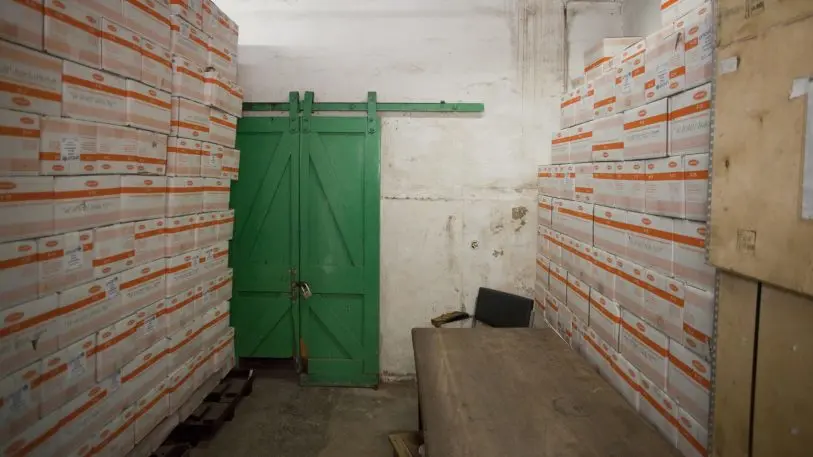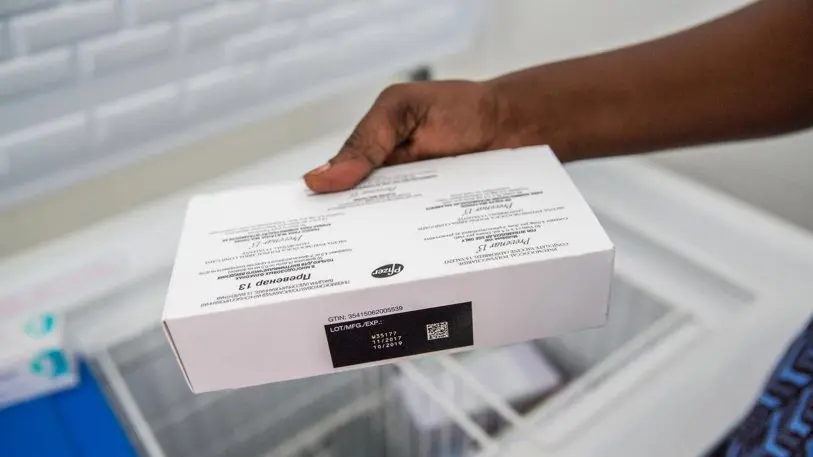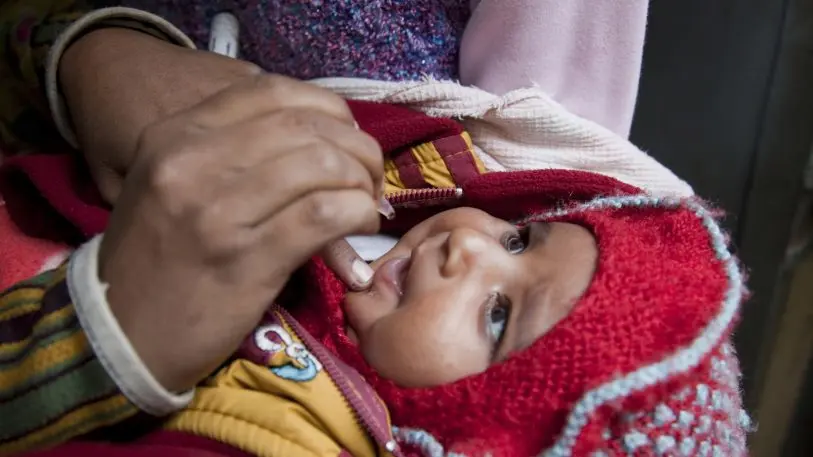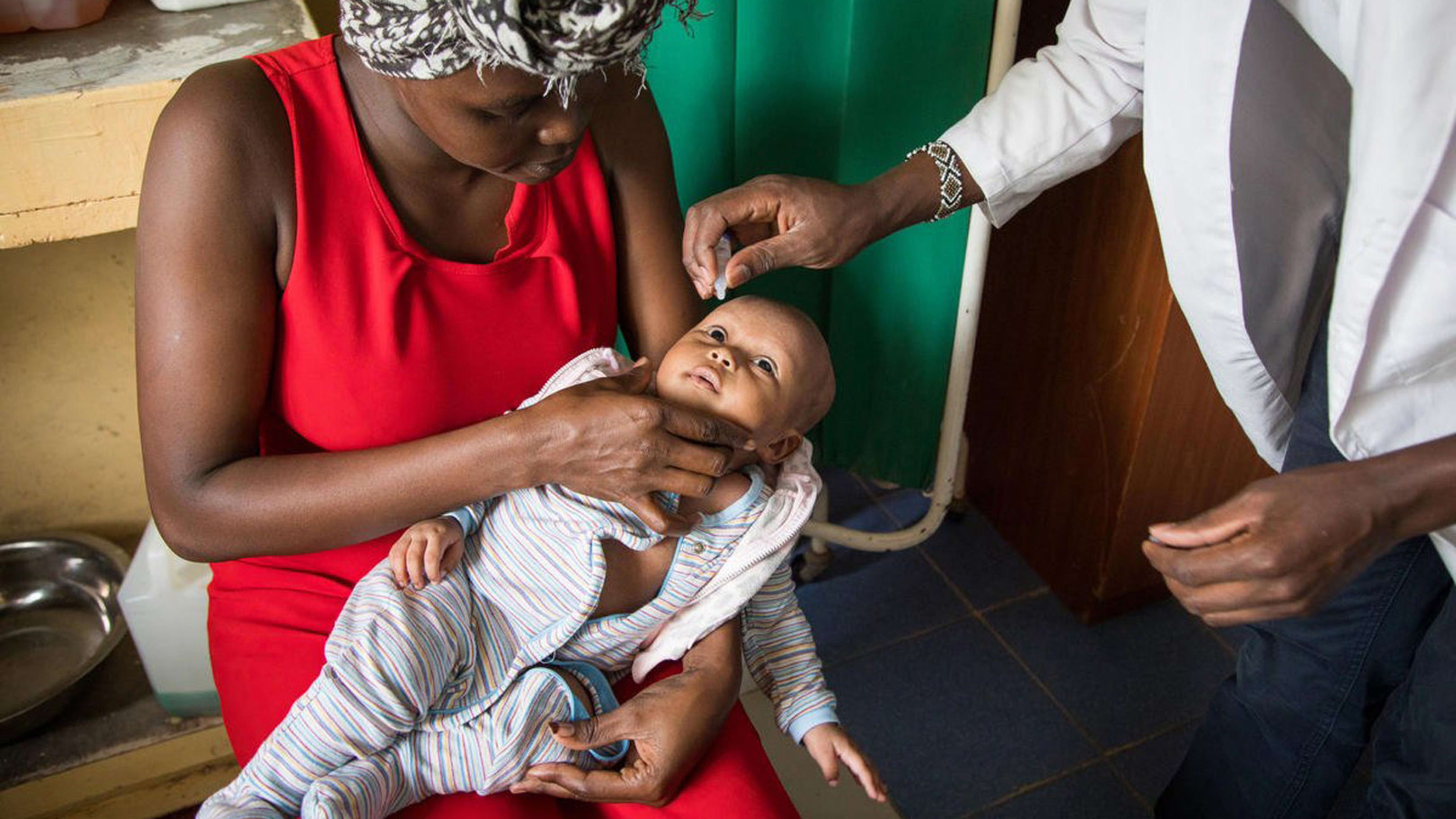As the Gates Foundation works to help pharmaceutical companies scale up factories to make a COVID-19 vaccine before a vaccine is ready—knowing that’s the only way we will be prepared to quickly make enough doses for the entire world—it’s also trying to ensure that existing vaccines such as those for polio and measles don’t fall behind because of the pandemic.
In the foundation’s largest grant to date, it just gave $1.6 billion to Gavi, the Vaccine Alliance, which is attempting to raise $7.4 billion in funds at the Global Vaccine Summit today. Since the organization started two decades ago (with support from the Gates Foundation, along with others, including the U.K. government), it has immunized more than 750 million children in the world’s poorest countries, saving an estimated 13 million lives.

The coronavirus pandemic is threatening that work. There are 17 diseases—including yellow fever, HPV, meningitis A, measles-rubella, and typhoid—that Gavi supplies vaccines for. One of the largest concerns is the potential that polio, which is nearly eradicated, could begin to spread again as healthcare systems struggle to deal with COVID-19 and because of the logistical difficulties of administering vaccines when the new virus makes it dangerous to be in close contact. “Millions of children are missing their vaccines, and we’ll have to fund catching up on that,” Gates said on a press call. “If not, we could have literally millions of deaths from the failure to vaccinate there.”

The foundation is also giving Gavi $100 million for an “advance market commitment” fund that will help buy COVID-19 vaccines for low-income countries when they’re ready. The organization used a similar mechanism to incentivize manufacturers to make a low-cost pneumonia vaccine, which Gates says helped cut the cost of the vaccine in half. (Doctors Without Borders has argued that this didn’t go far enough and that the vaccines are still too expensive.) In the case of a COVID-19 vaccine, Gates says that some vaccines could be as inexpensive as $4 a dose, and that most manufacturers don’t plan to profit, seeing the vaccine as a necessary public good. But doses will still be limited as manufacturing ramps up, and the new fund will help poorer countries compete.

Recognize your brand’s excellence by applying to this year’s Brands That Matter Awards before the early-rate deadline, May 3.
